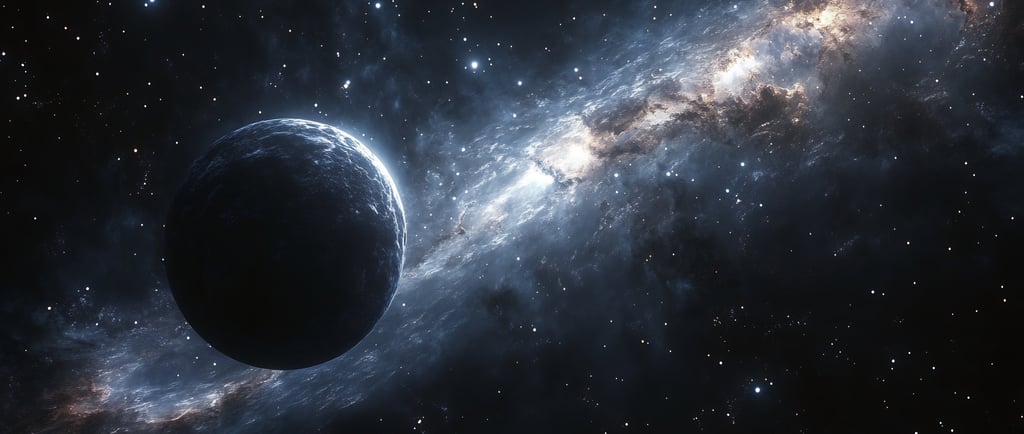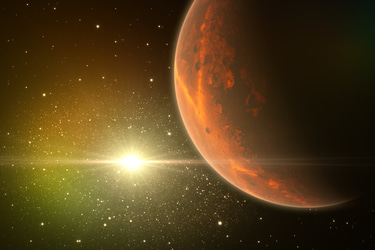The Rogue Planet 2MASS J1119-1137 B: The Free Floating Exoplanet


Introduction to 2MASS J1119-1137 B
In the vast expanse of our universe, celestial bodies often defy our understanding. Among these intriguing entities, the free floating exoplanet known as 2MASS J1119-1137 B stands out as a rogue planet. Unlike traditional planets that orbit stars, rogue planets drift through the cosmos without a parent star's gravitational influence. This starkly contrasting nature raises profound questions about their formation and eventual fate.
Characteristics of 2MASS J1119-1137 B
Discovered in 2008, 2MASS J1119-1137 B resides approximately 20 light-years away from Earth within the constellation of Hydra. With a mass estimated to be around 7 to 13 times that of Jupiter, it showcases characteristics that blur the lines between planets and brown dwarfs—sub-stellar objects that are too massive to be considered planets but not quite massive enough to initiate nuclear fusion like stars do.
This rogue planet is believed to have formed in a similar manner to typical giant planets: through the process of gas accretion and solid core formation. However, what sets 2MASS J1119-1137 B apart is its solitary existence. As it traverses the galaxy alone, researchers aim to uncover whether it originated from a star system that disrupted, or if it formed in isolation like a nomadic wanderer in the cosmic sea.
The Significance of Studying Rogue Planets
Studying rogue planets like 2MASS J1119-1137 B expands our understanding of the diversity of planetary formation and evolution in the universe. These celestial bodies could hold clues about planetary system dynamics and the potential for life in environments far from a sun's warmth. Moreover, understanding rogue planets helps scientists to redefine their theories surrounding the formation of planetary systems.
Additionally, research on these non-conformist objects offers critical insights into how planets can survive. By analyzing the atmospheric composition and thermal characteristics of rogue planets, astrophysicists can speculate about the conditions necessary for life to exist, even in the absence of a stable star.
Conclusion
As astronomers continue to explore the universe, rogue planets like 2MASS J1119-1137 B will remain an important area of study. These free floating exoplanets challenge our traditional notions of planetary classification and inspire curiosity about the untold stories hidden among the stars. The journey to unravel the mysteries surrounding such celestial bodies not only fuels scientific inquiry, but also deepens our appreciation for the complexities of the universe we inhabit.
